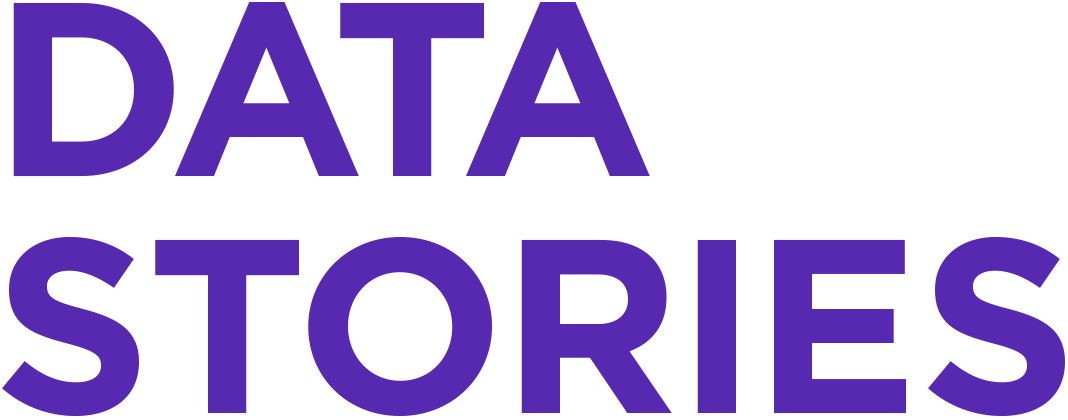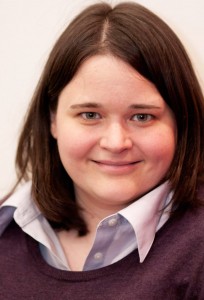“I’d give two of my left fingers for this data” – Amanda Cox on the show 🙂
We have the great Amanda Cox from the New York Times on the show this time!
Amanda is a graphic editor at NYT and she is behind many of the amazing data graphics that the New York Times has produced in recent years.
In the show we talk about her background in statistics and how she ended up at the Times. We discuss how she uses R software to collect, analyze, and visualize data, and her thoughts on other tools. We also talk about how data graphics are produced at NYT, with lots of funny stories.
Don’t miss the parts about the “what, where, when” of data and the “net joy” concept.
Lots a data wisdom in this show!
—
This episode is sponsored by Tableau Software, helping people connect to any kind of data, and visualize it on the fly – You can download a free trial at http://tableau.com/datastories – check the new Tableau 9!
—
LINKS
- Hadley Wickham – http://had.co.nz/
- R Studio – http://shiny.rstudio.com/
- Jake Barton: Local Projects – http://localprojects.net/about/
- NYT Project: The Best and Worst Places to Grow Up: How Your Area Compares
- NYT Project: You Draw It: How Family Income Predicts Children’s College Chances
- Amanda and Kevin’s NYU Data Journalism Course
- Quadrigram – http://www.quadrigram.com/ (tool for data-driven web sites)
- Jeff Heer and his IDL Lab at UW – http://idl.cs.washington.edu/
- FiveThirtyEight – http://fivethirtyeight.com/
- The Upshot – http://www.nytimes.com/upshot/?_r=0


Hi, Amanda mentioned someone who “hooks up R to D3′. This sounds really interesting. Could you give me the person’s name please? Thanks
I think it was this site:
http://www.htmlwidgets.org
Hey, for people who want to learn R and use it in Data Journalism, I put up this website: http://rddj.info
I enjoyed the interview with Amanda. Thanks for that.
On the topic of how to best learn R, a while back I found a great resource in the form of this MOOC: https://www.edx.org/course/analytics-edge-mitx-15-071x-0.
I’d highly recommend it to your listeners. It uses a lot of big, real world data sets, and covers so much ground, especially in terms of techniques for building predictive models. Fantastic stuff.
The course is again in process now, but repeats 4 times per year or so.
J
Another good place to start learning are is the coursera course Computing for Data Analysis taught by Roger D. Peng, more info here https://www.coursera.org/course/compdata